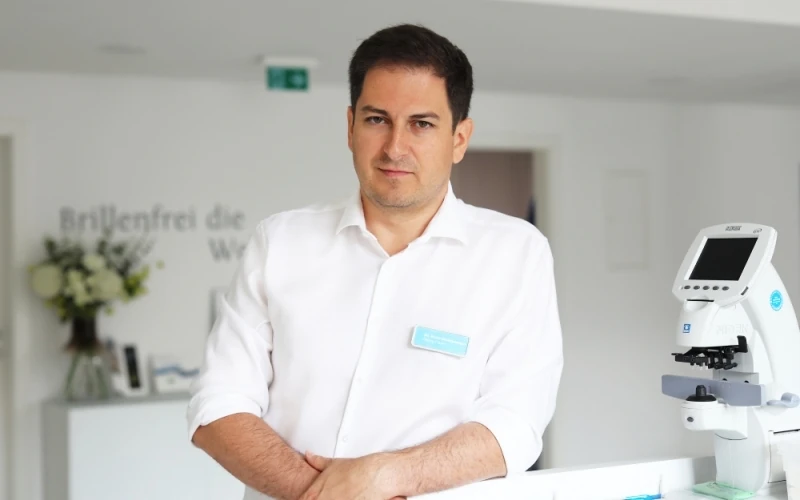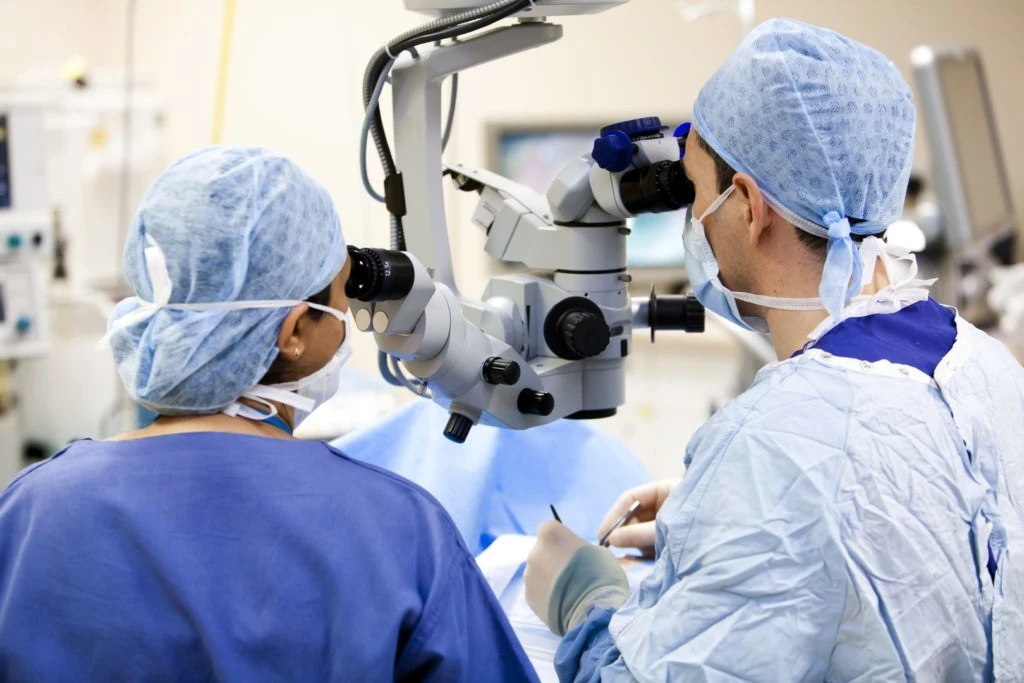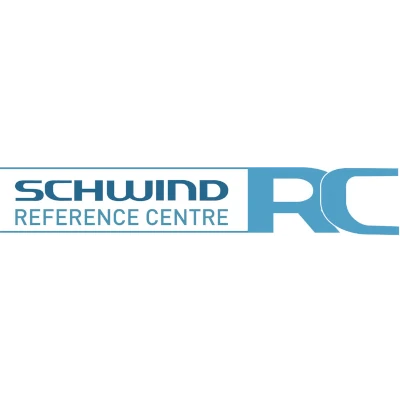When to sign up for the procedure?
The decision to perform laser vision correction is made only when the defect is stabilized. This type of treatment is not performed on people under 18. year of life, since until then the eye remains in a phase of continuous development, and during adolescence visual defects tend to worsen rapidly and rapidly.
If the defect progressed during the year before laser vision correction, there is a risk that this will also happen after the procedure. Therefore, if our goal is to permanently eliminate the defect, the operation must be performed on an eye with a stabilized defect. We are then assured that the laser correction of the vision defect will be permanent and there will be no need to repeat the operation in the future.
Eyeglasses and contact lenses help correct vision defects. Laser eye surgery can eliminate it.













